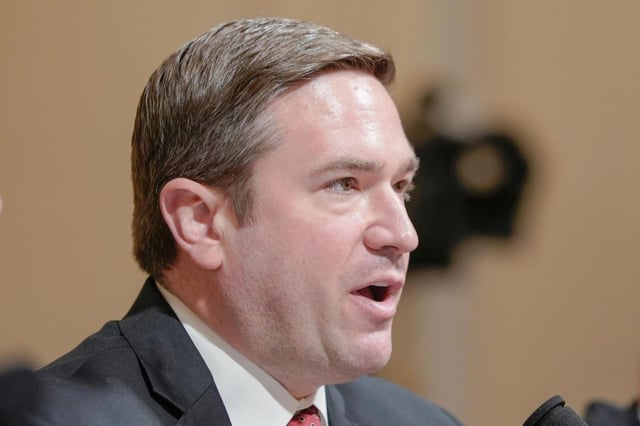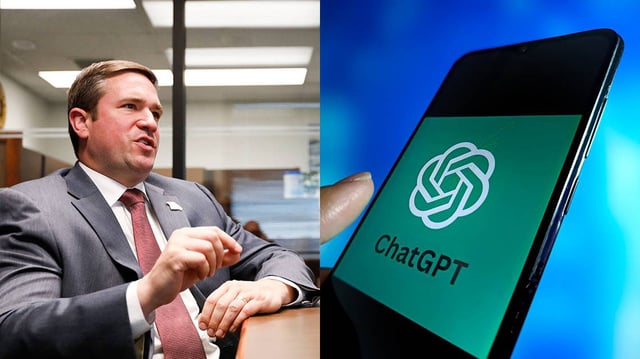Overview
- On July 10, Bailey sent formal demand letters under the Missouri Merchandising Practices Act to Google, Microsoft, OpenAI and Meta requiring internal AI records by July 23.
- He alleged the chatbots provided biased and factually inaccurate rankings by placing President Trump last on antisemitism among the last five presidents.
- The letters request detailed documentation on how the companies select inputs, train algorithms and design model architectures.
- Bailey warned that deceptive AI outputs could void federal safe-harbor immunity for platforms hosting third-party content.
- Tech firms now face the choice of complying with the inquiry or mounting legal challenges as state scrutiny of AI transparency intensifies.



